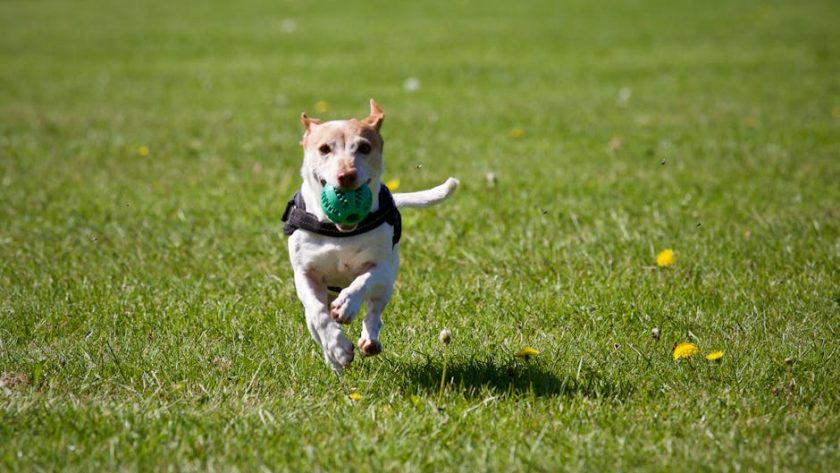Dog training is a crucial aspect of responsible pet ownership that enhances the bond between humans and their canine companions. By providing clear communication and guidance, dog training fosters obedience, improves behavior, and strengthens trust. Numerous studies have demonstrated the positive impact of dog training, making it an essential investment in the well-being and safety of both dogs and their owners.
**Understanding Your Dog's Learning Style**
Every dog has a unique learning style, and tailoring your training approach to their specific needs is vital for success. Some dogs respond well to positive reinforcement, such as treats or praise, while others may benefit more from a balanced approach that includes both rewards and corrections. Observing your dog's behavior and preferences will help you determine the most effective training techniques for your furry friend.
**Establishing a Training Environment**
Creating a controlled and distraction-free training environment is essential for effective dog training. Choose a quiet and safe area where your dog can focus without interruptions. Consistency is key, so establish a regular training schedule and stick to it as much as possible.
**Starting with Basic Commands**
Begin by teaching your dog basic commands such as sit, stay, come, heel, and down. Start with short, simple sessions and gradually increase the duration and complexity of the commands as your dog progresses. Use clear hand gestures and verbal cues, and be patient and consistent in your training.
**Positive Reinforcement**
Positive reinforcement is a highly effective dog training method that focuses on rewarding desired behaviors. When your dog performs a command correctly, reward them immediately with a treat, praise, or a favorite toy. This positive association will encourage your dog to repeat the desired behavior in the future.
**Consistency and Patience**
Consistency is paramount in dog training. Train your dog in the same way, using the same commands and techniques, every time. Avoid changing the rules or expectations, as this can confuse your dog and hinder their progress. Patience is also crucial, as dogs learn at their own pace. Never punish or scold your dog for mistakes; instead, redirect them gently and provide positive reinforcement for correct behavior.
**Advanced Training**
Once your dog has mastered the basic commands, you can progress to more advanced training, such as socialization, agility, or specialized tasks. Advanced training not only improves your dog's obedience and behavior but also strengthens your bond and provides mental stimulation for your furry friend.
**Professional Dog Training**
If you encounter challenges or require specialized training for your dog, consider seeking the guidance of a professional dog trainer. Certified dog trainers have the knowledge and experience to address specific behavioral issues, enhance training techniques, and provide tailored solutions for your furry companion.

